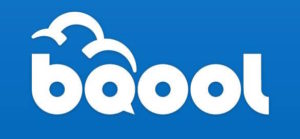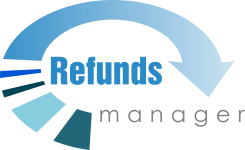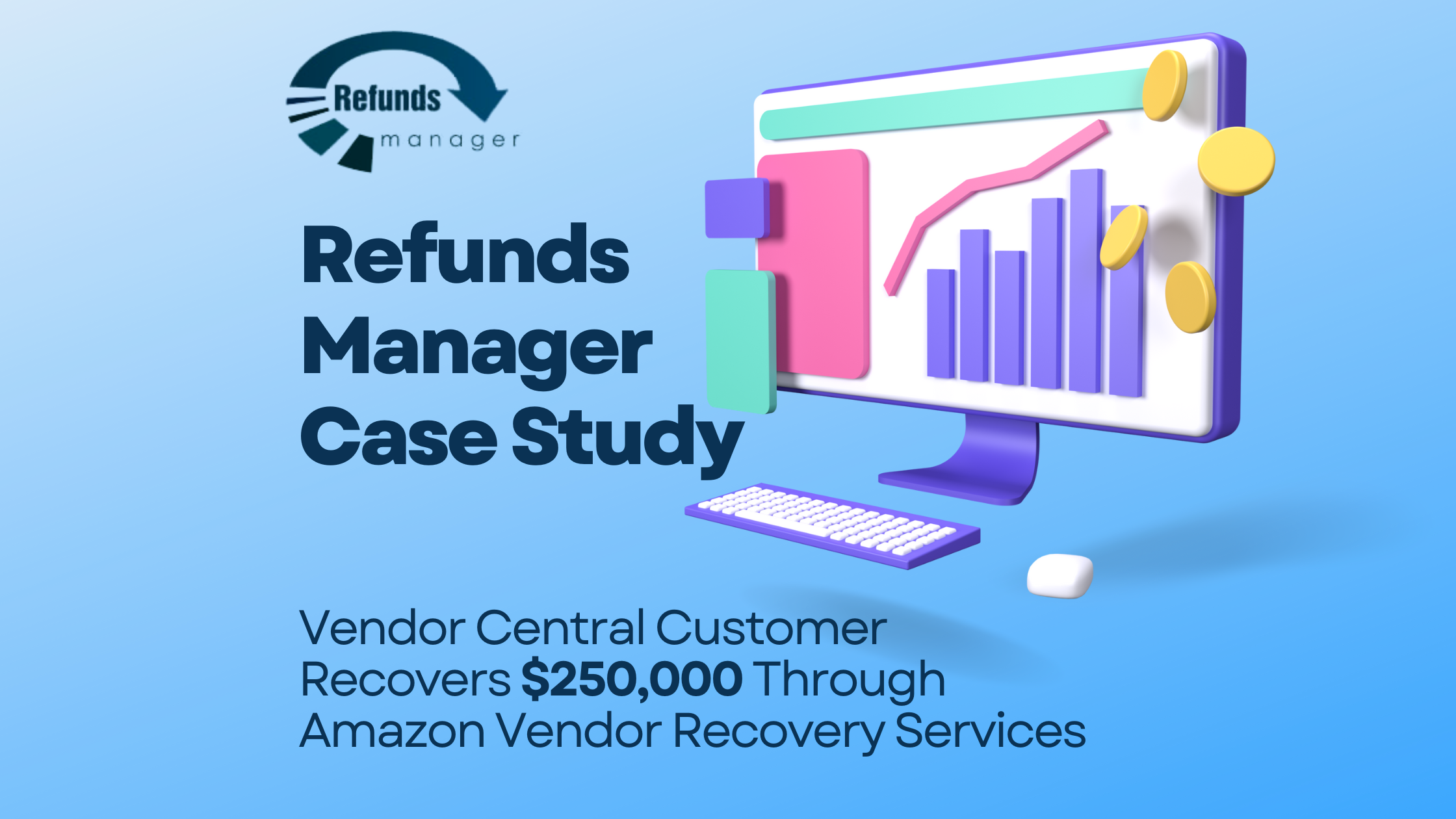
For private label sellers, the most imperative, and often most difficult, part of business is finding a product that will sell like hotcakes. Most sellers spend a tremendous amount of time on product research, because a good product will gain traction whereas a poor product is simply money down the drain. Here we explore ways for product research as well as things to consider during this process.
Table of Contents
TogglePay attention to surroundings, passions, hobbies, problems
For some people, product ideas come naturally. They simply pay more attention to their surroundings and products they use on a day-to-day basis, and think about how these products can be improved upon. Some people come up with product ideas for things they need, but can’t find on the market. Also, keep your eyes open when out and about, check out what products are popular in boutique or specialty shops, and think about your own hobbies and what products are relevant to those hobbies. For example, someone who enjoys lying in a hammock but does not have a backyard for hanging one might come up with an indoor space-saving hammock idea.
Attend conferences and trade shows
People are coming up with new product ideas every day. Attend conferences or trade shows that are in your vicinity. New products are often showcased there and sellers not only get a first look at these new products, they get the hands-on experience, which gives them a feel of whether the product will sell. These events also provide a great opportunity to build a relationship with manufacturers as well as negotiate deals with them.
Browse resources on the Internet
There are plenty of resources on the Internet for product inspiration. Check out Amazon’s Best Sellers list, Movers and Shakers, or New and Interesting Finds to see what products are selling well. Take a look at Pinterest or Instagram to see what’s trending, or peruse discussion forums like reddit to see what your peers are discussing and what product developers are working on. If you have an interest in certain categories or products, such as something related to your hobbies, find Facebook groups and learn about their needs and wants. You could also type in keywords for products you’re interested in in the Amazon search bar and see what related terms appear, and get ideas from those terms. There is also software available, such as BigTracker, to help find hot selling products with market potential.
During the product research process, there are several factors to consider when determining a product’s potential.
Profitability
Once you’ve found prospects, check the sales rank on Amazon as well as use free extensions to gauge the products’ sales history and market demand, and forecast sales volume. Estimate your sales price and factor in all costs and expenses to assess whether the product would be profitable. Make sure to cover all your bases by including all manufacturing costs, packaging and shipping costs, as well as any applicable fees.
Category and brand restrictions
Amazon has started gating more and more categories and brands to protect its consumers. A crucial task during this product research process is making sure the category of interest is not gated, or get ungated before you dive in, otherwise your efforts may go to waste.
Competitive landscape
Ensure that no big brands are already selling your product. It is difficult to compete against big brand names because they are more reputable and have better marketing resources than small individual sellers. Unless your product is super unique or has strong advantage in certain aspects such as price, it would take a lot of effort to compete against big brand names.
Possibility to expand product line
Once you’ve found a good prospect, think about the long-term business potential with this product and if there’s possibility for expansion. Come up with accessories for your product or expand by adding variations. Consider creating related products for bundling to stand out from the crowd. If you specialize in or have a strong passion about a particular product category, creating quality products and expanding within the same category will help establish a strong presence and build a brand and reputation in it.
What’s next after you’ve found a winning product? Be sure to create product listings page with details and attractive copy as well as great photos to demonstrate how great the product is! Happy selling!

BQool is a SaaS company offering great software solutions that help Amazon merchants resolve daily business challenges. The BQool suite so far consists of Repricing, Feedback, and Review Central.
Stay strategic on Amazon! Get new blog posts sent to you via email:
[email-subscribers namefield=”YES” desc=”” group=”Public”]



